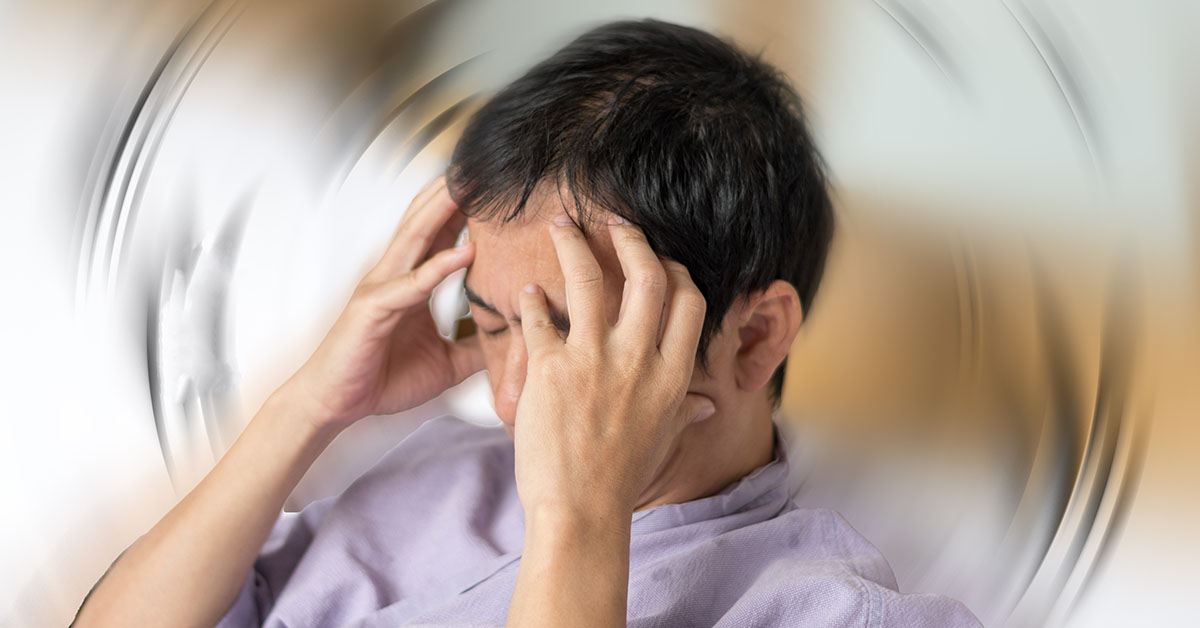
Some individuals experience dizziness upon sudden movement while walking or standing, struggling to maintain their physical equilibrium. They perceive a sensation of surroundings in motion, indicating possible symptoms of vertigo. In severe instances, fainting may accompany vertigo, although this occurrence is not consistent.
It's important to distinguish vertigo from acrophobia, which is the fear of heights. Acrophobia and vertigo are distinct conditions.
Benign Paroxysmal Positional Vertigo (BPPV) occurs when tiny calcium particles accumulate in the inner ear, disrupting the transmission of signals from the ear to the brain and resulting in balance issues.
Central vertigo, distinct from peripheral vertigo, arises from issues in the lower or posterior section of the brain, particularly the cerebellum. Factors contributing to central vertigo include: